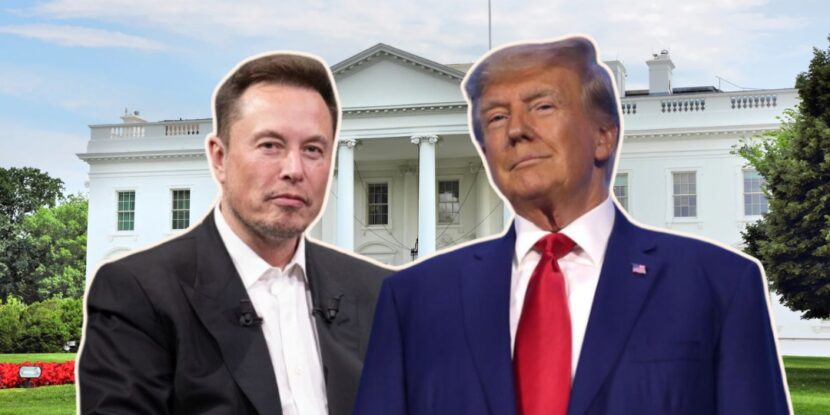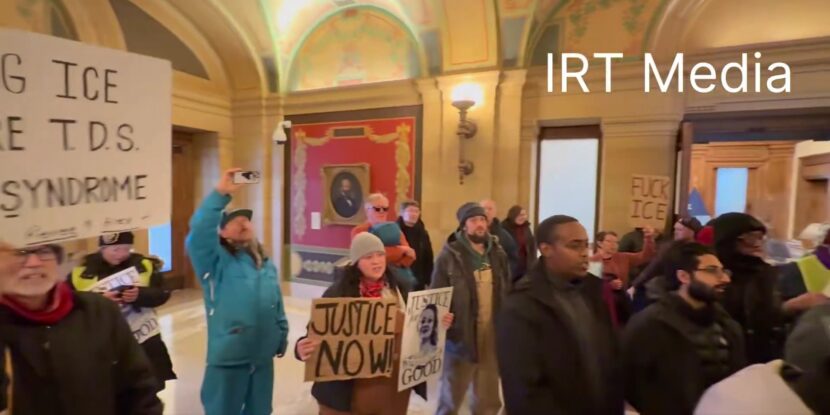Representative Zoe Lofgren (D-CA)—a powerful Democrat on the House Judiciary Committee—is arguing President-elect Donald J. Trump’s Department of Government Efficiency (DOGE) is “unconstitutional and illegal.” The congresswoman, currently in her 15th term in Congress, contends that the agency, set to be overseen by Elon Musk and Vivek Ramaswamy, encroaches on the powers of Congress to appropriate funds for federal agencies.
The California Democrat’s remarks came during an appearance on CNN Newsroom with host Jim Acosta, who pressed Lofgren for her “thoughts on Elon Musk and Ramaswamy deciding or trying to decide what stays and what goes in the federal government.”
“Well, it’s illegal. You know, they haven’t asked to meet with me, but the impoundment of funds that have been appropriated by the Congress is unconstitutional and illegal,” the 76-year-old Lofgren responded. She continued: “There is no such Department of Government Efficiency. It’s made up. So good luck to ’em.”
Lofgren added that if President-elect Trump wants to make changes to the federal budget, “…he should send it to us, but the Constitution does not permit the president to simply avoid what the Congress has done—that power of the purse is with the legislative branch, not the president.”
NOT ACTUALLY UNCONSTITUTIONAL?
While the Judiciary Committee Democrat insists that it is unconstitutional for the president to exercise the power of impoundment—an act that claws back funds appropriated by Congress to fund federal agencies—the reality of the matter is less clear. U.S. Presidents, from Thomas Jefferson to Richard Nixon, wielded impoundment authority until Congress stripped the power with the Congressional Budget and Impoundment Control Act of 1974.
However, impoundment remains an unsettled constitutional question. A related Supreme Court case, Train v. City of New York—decided on facts that pre-date the 1974 Act—found that the president cannot order unreasonable impoundments outside the scope of congressional intent. Significantly, though, the high court declined to rule on the constitutionality of presidential impoundment power.




















